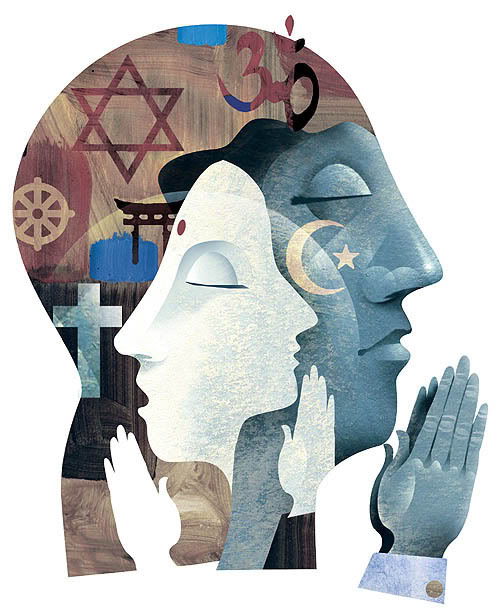When we think of domestic violence, we the image that comes to mind is usually one of a woman with bruises and black and blue eyes. This essay examines insidious forms of domestic abuse. What is emotional abuse, and how does it pertain to domestic violence?
Emotional or mental abuse occurs when one partner attempts to make the other feel bad about herself. Emotional/mental abuse often crosses lines with psychological abuse. These forms of abuse are destructive to self-esteem and self-confidence. Here is part of my story to illustrate emotional abuse: (excerpt from Beyond the Tears: A True Survivor’s Story)
When I was nineteen, I was involved with a man eighteen years older than me. Todd and I had nothing in common, except that he reminded me of my deceased father. I did not have the wherewithal to tell him to get lost. I tried to escape him by moving to a different town, but he found me, and he moved into the same apartment complex. (This was in the 1970s, and his behavior today would probably be defined as stalking.
I was friends with a married couple my age, Cathy and Scott. When I tried to release myself from Todd’s grip to spend time with my friends, he demanded that I give him equal time. Todd became possessive because, he said, he loved me. He slammed my door and his door to demonstrate. The stucco landing of the apartments shook like an earthquake in California. There had to be a rational explanation for Todd’s conduct.
“He’s just jealous,” Scott said.
“Yeah, he must love you a lot,” Cathy said.
I ached to be loved. So I mistook the outbursts for love. My father had displayed many outbursts for the sake of love and obsession.
When Scott and Cathy invited me to have Thanksgiving dinner with them, they said that I could bring Todd if I wanted, but I wanted my friends to myself.
The day before Thanksgiving, Todd degraded my friends. He called Cathy a “pain-in-the-ass broad” and said Scott just “wants a piece.” Todd insisted that I eat at a holiday buffet alone with him. I was afraid of another door-slamming scene, so I declined Cathy’s offer.
As Todd and I walked past their apartment to the car, Cathy cheerfully waved, “Happy Thanksgiving.” Scott commented to me, “You look like a model in that dress. The green matches your eyes.”
Todd gritted his teeth: “I told you so! He just wants to get in your pants.”
Then Todd grabbed my elbow to steer me toward the inside of the sidewalk. “Never walk on the outside. That means you’re for sale.”
Was he a pimp? Was I a prostitute? It seemed like I had sold out something, in some way, but I did not know exactly what it was.
It was impossible to say “no” to Todd. When I tried to be assertive with him, he’d shoot my words back like an errant boomerang until what I thought I said did not sound like what he said I said. This was just like conversations with my father!
There were several interwoven yet invisible abusive occurrences. The abuse is about what he did and said and how it made me feel:
He used intimidation tactics by making demands and slamming doors, which made me feel fearful. Not only is this immature, it is also an indicator of an abusive personality and of someone who does not have communication skills and/or coping abilities.
He used emotional abuse by disrespecting my desire to be with friends, which made me feel embarrassed. If he has to have the final say, and it is a unilateral decision rather than a mutual agreement, then he is in control.
He used isolation tactics by controlling where I went, which made me feel lonely. He deliberately sabotaged my social relationships. He also made me doubt my choice of friends by disparaging them.
He used psychological abuse by maneuvering my body to the other side of the walkway, which made me feel diminished. He confused me by twisting my words around, playing mind-games with me. If you could see the face of an abuser who does this, he either has a smirk because he knows he’s “one-up” as if he’s winning a competition of words, or he has a look of pity because he thinks, “oh, poor dear, you just can’t understand.”
There is no physical abuse in these scenes of domestic abuse, yet women are scarred for life from emotional/mental/psychological damage. Let this article about invisible forms of domestic abuse inform you of how women are emotionally wounded. If you discover a friend in this position, let her know you care, tell her it’s not her fault, listen without judgment, and encourage her to get help. If you recognize yourself, don’t stop believing that you deserve to be treated with respect.











